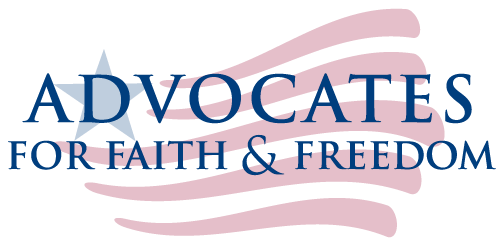First, we'll need a quick review of our history:Following the 1860 election of President Abraham Lincoln the Confederate States of America (Confederacy) was formed when, because of Lincoln’s opposition to the expansion of slavery, 11 slave-holding states seceded from the United States of America. The Civil War started in 1861 when the U.S. Government (Union) rejected the Confederacy and their secession from the United States.
After winning the war, in the interest of healing our embattled nation, the Union reasonably thought it would be impractical to arrest and try thousands of Confederate soldiers and generals for treason or sedition. Some say this historical act of prosecutorial clemency erroneously led future generations of Americans, particularly in the South, to regard the Confederacy as patriotic, and its leaders as American heroes.
 There is no dispute that this weekend’s protest in Charlottesville was led by a hateful fringe group of helmet-clad, white- supremacists whose goal was to preserve the statue of a general who led the battle against the U.S. Army in order to defend slavery. It is also pretty clear that they had an expectation and possible intent of violence. Yet blame for the escalation of violence can be assigned to all sides.
There is no dispute that this weekend’s protest in Charlottesville was led by a hateful fringe group of helmet-clad, white- supremacists whose goal was to preserve the statue of a general who led the battle against the U.S. Army in order to defend slavery. It is also pretty clear that they had an expectation and possible intent of violence. Yet blame for the escalation of violence can be assigned to all sides.
So, what should our response be as a nation and as Christians?
First, as a nation of laws, while we recognize everyone's Constitutional right to assemble in protest, we must insist that our local government and police departments prepare and pre-empt to ensure the order and safety of its citizens in these predictably volatile situations.Second, as voters and consumers, we can influence our political leaders and the media into embracing a spirit of statesmanship and patriotism by refraining from the damaging and divisive use of political identity labels, which only serve to separate good Americans into racial factions and ideological enemies.
Third, our church leaders should show the moral authority to call out and reject these labels which spur hatred and encourage such emotional and violent reactions.
And last but not least, as Christians, we can pray for compassion and understanding and acknowledge that for many African-Americans, especially in the South, the leaders of the Confederacy are directly tied to the rationalization of slavery and racism, and the Confederate flag has always represented depravity, prejudice, and violence.
This acknowledgment in no way translates into opening the door to erasing America’s Civil War history.
However, as a nation, we need to decide if erecting Confederate monuments that commemorate historical figures and events that clearly divide many Americans along racial and moral lines is  worth this amount of national anguish?
worth this amount of national anguish?
Perhaps, as compassionate Christians and united Americans, instead of memorializing America's history of slavery in honored and prominent places in the public square, we should remember the great suffering and loss the Civil War brought upon our young country by teaching future generations the facts about these historical figures in school and place their stories, statues, and monuments in books, libraries and museums, where they belong.
As we face today's difficult moral, social and cultural issues, Advocates for Faith & Freedom asks that you join us in prayer for the healing of our divided nation, our people, and our leaders.
